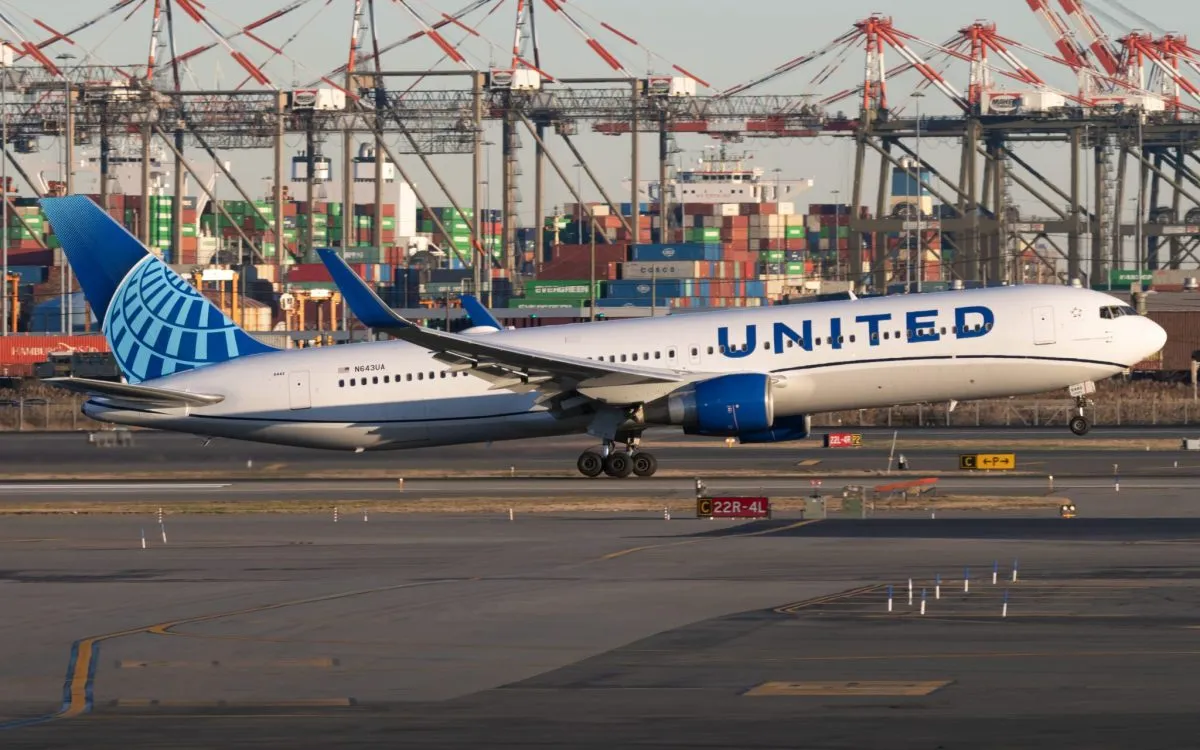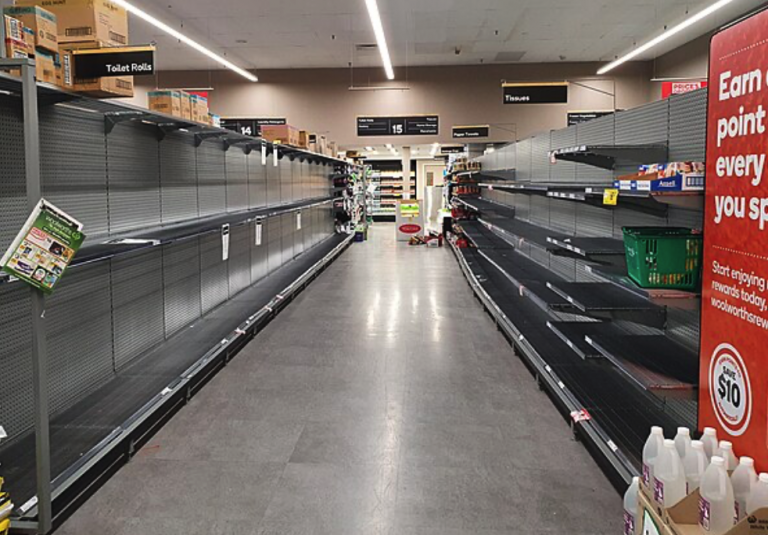Pfizer's CEO Urges for Certainty in Tariff Negotiations to Boost US Investments
In a recent earnings call, Albert Bourla, the CEO of Pfizer, voiced serious concerns regarding the impact of tariffs imposed during the Trump administration on the companys ability to invest significantly in its U.S. operations. Bourla articulated that the uncertainty surrounding these tariffs is inhibiting Pfizers potential for substantial investments in both research and development (R&D) and manufacturing within the United States.
During the call held on Tuesday, Bourla was queried about the specific incentives that could motivate Pfizer to enhance its manufacturing investments in the U.S. He responded, saying, If I know that there will not be tariffs and a heavy certainty, then there are tremendous investments that can happen in this country, both in R&D and manufacturing. This statement underlines the CEO's belief that a stable regulatory environment is crucial for fostering growth and innovation.
Bourla further elaborated, noting that in times of uncertainty, companies like Pfizer naturally take a more cautious approach to spending. He remarked, And in periods of uncertainty, everybody is controlling their cost as we are doing, indicating that Pfizer is being very frugal with investments to ensure they remain prepared for any fluctuations in the market.
Previously, Bourla indicated that his strategy to mitigate the impact of tariffs has included relocating some manufacturing back to the U.S. In his remarks at the TD Cowen's annual healthcare conference in March, he stated, We have 13 manufacturing sites in the US right now, up and running. He emphasized that Pfizer possesses the necessary capabilities domestically to adapt to potential changes in manufacturing dynamics. If something happens, we will try to mitigate by transferring from manufacturing sites outside, to manufacturing sites here, the things that can be transferred quickly, he added.
Pfizer's Chief Financial Officer, Dave Denton, also addressed the financial implications of the tariffs during the same call, projecting that the company would incur approximately $150 million in costs due to tariffs by the year 2025. While pharmaceutical products were initially exempt from the sweeping 10% tariffs that Trump announced in April, recent statements from the former president suggested a shift in strategy towards imposing pharmaceutical tariffs to incentivize domestic manufacturing.
Trump commented earlier this month, All I have to do is impose a tariff, the more, the faster they move in. The higher the tariff its very simple its inversely proportional; the higher the tariff, the faster they come. And yeah, were going to be doing that. This declaration has sparked a wave of reactions within the pharmaceutical industry, with many executives warning that such tariffs could lead to increased prices for consumers.
In line with this, the CEO of Pfizer's competitor, AstraZeneca, expressed in an earnings call that his company might consider shifting some of its manufacturing operations to the U.S. if pharmaceutical tariffs are enacted. Pascal Soriot stated that AstraZeneca could potentially move production of its products meant for the U.S. market from Europe back to the States.
Moreover, U.S. drugmaker Merck recently announced the commencement of construction on a $1 billion commercial production facility in Delaware, signaling its ongoing commitment to U.S. manufacturing. Merck's CEO highlighted in a press release that this new facility signifies the company's dedication to strengthening its foothold in the domestic market.
In a related note, billionaire entrepreneur Mark Cuban mentioned in March that if tariffs on pharmaceuticals originating from India are imposed, it is likely that prices for medications from his company, Cost Plus Drugs, will increase. This statement further illustrates the broad implications that tariff policies could have on drug pricing and availability in the U.S.
Despite these discussions and the significant potential ramifications of tariff decisions, representatives from Pfizer have not yet responded to requests for further comments regarding the current situation from Business Insider.



























